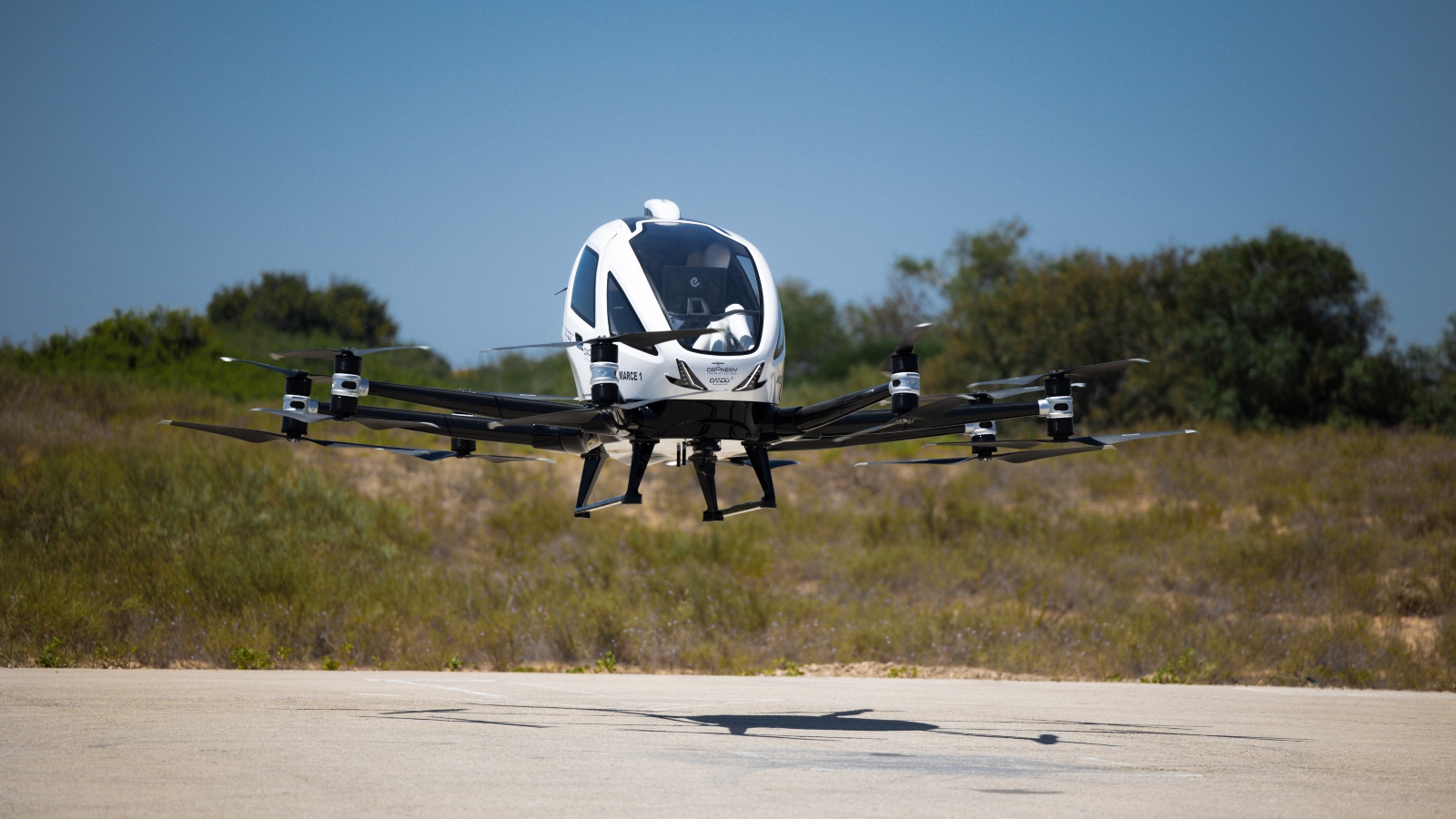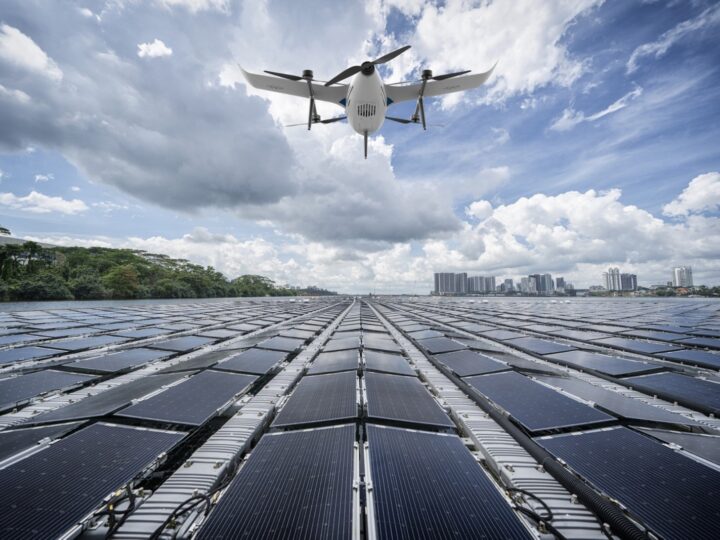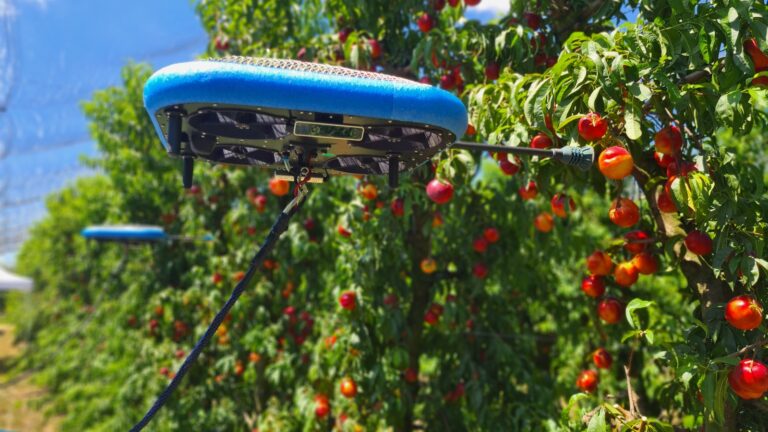Wouldn’t it be wonderful to skip traffic jams and take an air taxi to your destination?
Israel’s National Drone Initiative (INDI) tested that possibility recently, with demo flights of 11 innovative types of autonomous aircraft able to transport people and goods in the future.
A partnership of government entities led by the Ministry of Transportation, the Israel Innovation Authority, Ayalon Highways and the Civil Aviation Authority of Israel, INDI launched in 2019. More than 60 million shekels will be invested in the next two years into test flights.
The test craft included the electric AIR Zero from AIR. Manufactured in Israel, AIR Zero can accommodate up to two passengers and a total payload of up to 220 kilograms (485 pounds), for a distance of up to 160 kilometers (99 miles).
Also taking to the skies for the first time was EHANG’s fully autonomous EH216-S aircraft from Dronery, a subsidiary of Cando Drones. Its specs are similar to AIR Zero but it’s meant for deliveries and can fly only within 30 kilometers.
Cando Drones conducted delivery flights between Rami Levy supermarket branches, night flights in the coastal strip of Hadera and traffic-monitoring activities at the Nesher-Bar-Yehuda junction. Other autonomous urban flights assessed the feasibility of grocery deliveries from various branches of Yohananof markets.
Down-Wind conducted the longest flight in the initiative so far, covering approximately 29 kilometers (18 miles), to open a flight path between Hillel Yaffe Medical Center in Hadera and Rambam Health Care Campus in Haifa.
AirTaxi Israel, in collaboration with TA Helicopters, examined eVTOL (electric vertical takeoff and landing) options in urban areas and conducted a flight path from Kfar Truman to the center of Tel Aviv.
“The National Drone Initiative is a project aimed at providing a variety of technological solutions to alleviate road congestion,” said Orly Stern, CEO of Ayalon Highways.
“The aircrafts being tested now will be able to bypass traffic jams, and ease congestion by removing cars and trucks from the roads in conjunction with air traffic management systems. This will create a variety of air transportation options for regular and emergency cargo transfers.”
The first phase of the national drone initiative, which took place between 2019 and 2022, focused on small cargo flights. The current phase aims to increase payload capacity and range so that in the future, heavier cargo and passengers can be transported.
Over the past three years, INDI has conducted more than 19,000 sorties in urban and rural areas. In the next two years, participating companies will continue to conduct flights throughout the country for one week each month.
















